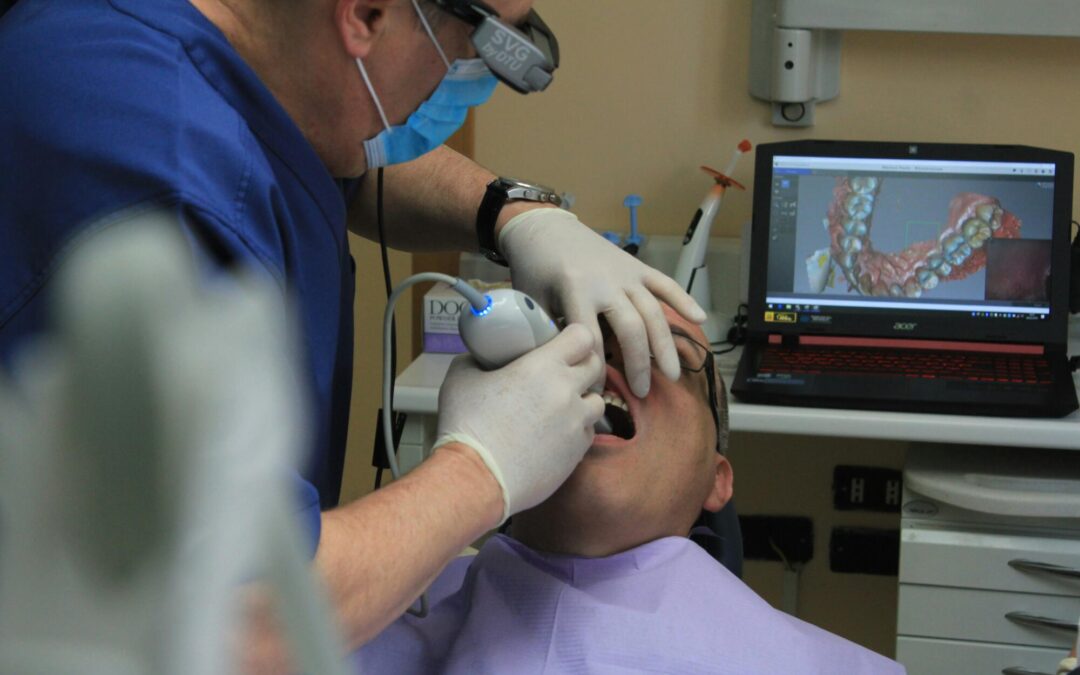The effects of tooth loss can extend beyond mere esthetics. Missing teeth can impact essential functions like speaking and chewing. Fortunately, restoring your smile is possible with dental bridges.
A dental bridge is a restorative solution that replaces one or more missing teeth. It’s used in general and cosmetic dentistry to restore teeth and improve your oral health.
Getting ready for a dental bridge procedure can feel daunting. That’s why we’ve created this guide on preparing for your upcoming procedure. Knowing what lies ahead and proper preparation is vital for a seamless journey and a swift recovery.
Here are some proactive steps you can take before the procedure. Read on to discover more.
Schedule a Consultation
Your first step should be to schedule a consultation with your dentist. You can do this by completing a new patient form and a release health care information form. These forms allow your dentist to use, disclose, and keep a record of your health information.
During the initial visit, your dentist will examine your teeth and take X-rays. This will help them determine whether a dental bridge is the best option for you. This is the perfect time to ask any questions about the procedure, recovery, and oral health maintenance.
Be sure to provide your dentist with a thorough medical history. This includes any medications you’re taking, allergies, and any chronic conditions you may have. Certain medical conditions and medications can affect the procedure and your recovery process.
Get Professional Teeth Cleaning
A clean mouth is a happy mouth! Before your procedure, it’s wise to get a professional dental cleaning. This helps remove plaque and tartar, ensuring your gums and teeth are in the best possible condition for the procedure.
Plan Your Meals
After the dental bridge procedure, you might need to stick to soft foods for a few days. Stock up on items like yogurt, mashed potatoes, smoothies, and soups. Avoid hard, crunchy, or sticky foods that could cause discomfort or damage the bridge.
Follow Pre-procedure Instructions
Your dentist will give you specific instructions to follow before the procedure. This could include not eating or drinking and taking prescribed antibiotics. Your cooperation is crucial for a successful procedure and smooth dental bridge recovery.
Prepare Your Home for Recovery
Set up a comfortable recovery space at home. Have your favorite movies or books on hand to keep you entertained during downtime. Make sure essentials like pain relievers, gauze, and soft foods are within easy reach.
Understand the Procedure Steps
Knowing what to expect can ease anxiety. Generally, the dental bridge procedure involves:
-
Preparation: Removing a part of the enamel from the adjacent teeth (abutments) to make space for the crown.
-
Impressions: Your dentist then takes impressions of your teeth using alginate or silicone to create a mold for the bridge.
-
Temporary Bridge: Dentists may place a temporary bridge to safeguard the teeth and gums while crafting the permanent bridge.
-
Final Placement: Your dentist will fit, adjust, and cement the permanent bridge into place.
Regular check-ups are essential to make sure your dental bridge fits well and that your oral health remains in top shape. These check-ups are also important in catching problems early and addressing them promptly.
Post-Procedure Care
After your procedure, your dentist will provide specific aftercare instructions. This often includes:
- Pain Management: Over-the-counter pain relievers or prescribed medication can help manage discomfort.
- Oral Hygiene: Maintaining good oral health is crucial. Brush and floss gently around the bridge area and use an antibacterial mouthwash to keep the area clean.
- Diet: Stick to soft foods and avoid anything that could dislodge the bridge or cause pain.
The long lifespan of your dental bridge depends on maintaining excellent oral health. Brush and floss twice daily with fluoride toothpaste and consider using an antiseptic mouthwash. You can use a floss threader to get under the bridge if necessary.
Watch Out for Complications
While dental bridge complications are rare, it’s important to be aware of signs like excessive pain, swelling, or infection. Contact your dentist immediately if you experience any of these symptoms. Don’t forget to follow the post-operative care instructions for a smooth recovery process.
Be Mindful of Bad Dental Habits
While dental bridges are durable, they are not permanent. With proper care, a dental bridge can last anywhere from 5 to 15 years. Regular dental visits and good oral hygiene can help maximize the lifespan of your bridge.
Avoid bad dental habits that could damage your dental bridge. Chewing on ice, using your teeth to open packages, or grinding your teeth can fracture or dislodge the bridge. If you grind your teeth at night, talk to your dentist about getting a night guard.
Stay Informed About Advancements
The field of general and cosmetic dentistry is always evolving. Stay up-to-date on new techniques, materials, and technologies. This can help you know how long your dental bridge should last.
Ask your dentist about advancements that could benefit your specific situation. This can include newer materials that are more durable and natural-looking. Your dentist might also have innovative techniques for better-fitting and longer-lasting bridges.
Join a Support Group
If you’re anxious or want to share your experience, consider joining a support group or online forum. Hearing from others who have undergone similar dental procedures can be reassuring. If you have friends or family who have gotten the procedure before, don’t be afraid to reach out.
They may be able to provide valuable tips for your dental bridge recovery.
Ready to Transform Your Smile With a Dental Bridge Procedure?
Preparing for a dental bridge procedure doesn’t have to be overwhelming. By understanding the basics, following your dentist’s instructions, and maintaining good oral hygiene, you can ensure a successful procedure and a smooth recovery.
If you’re looking to get dental bridges, schedule a consultation with Alumni Dental Care today. We offer personalized advice and care to help you be your most confident self. Our expert team is here to answer all your questions about dental bridges, from the basics to advanced preparation tips.


Recent Comments